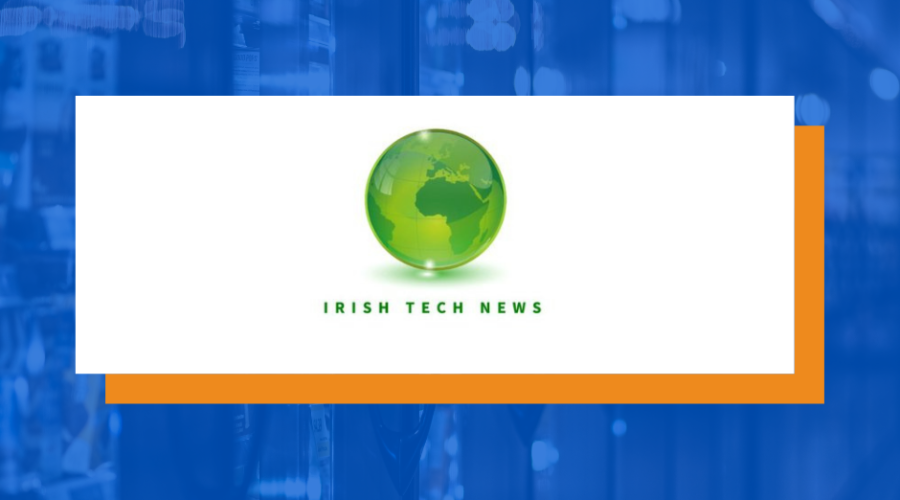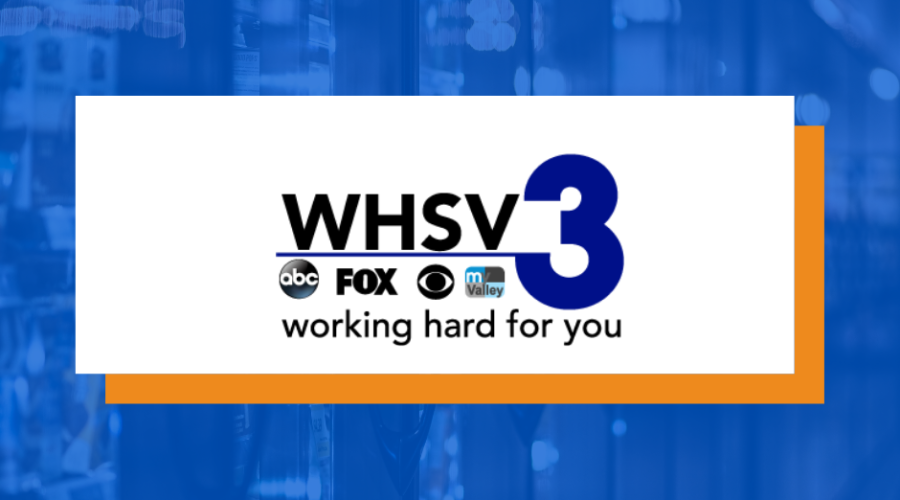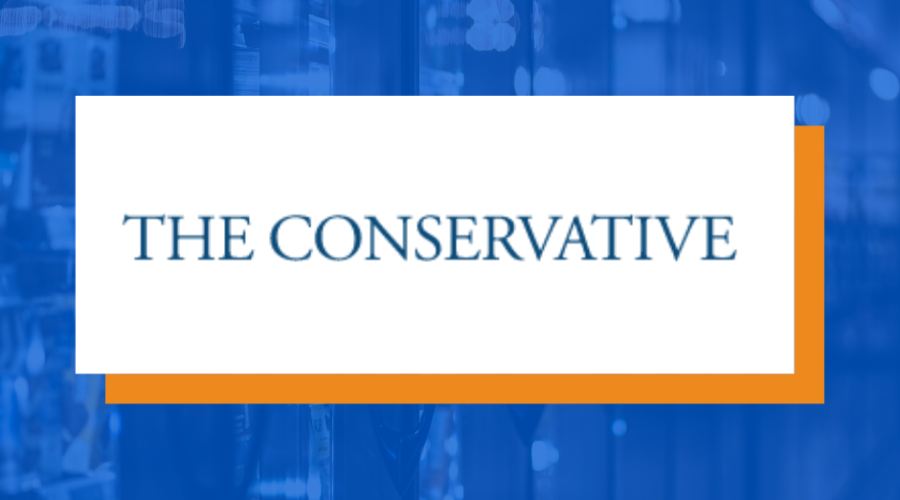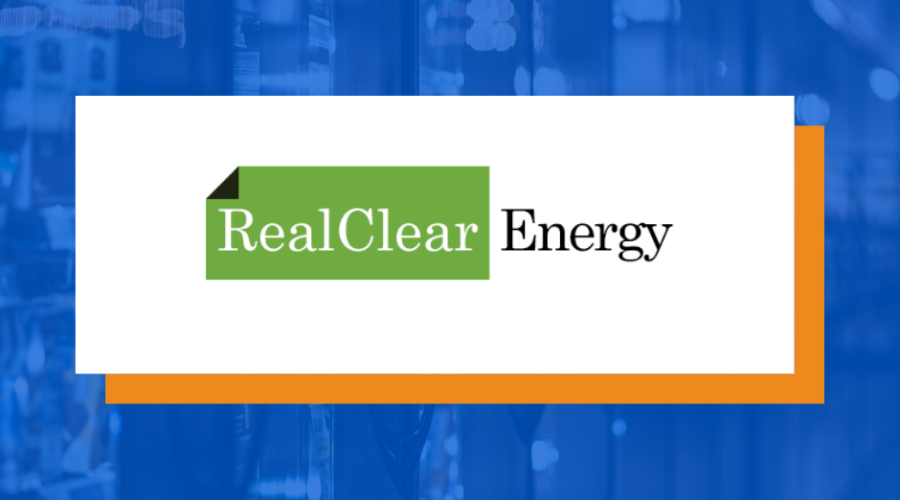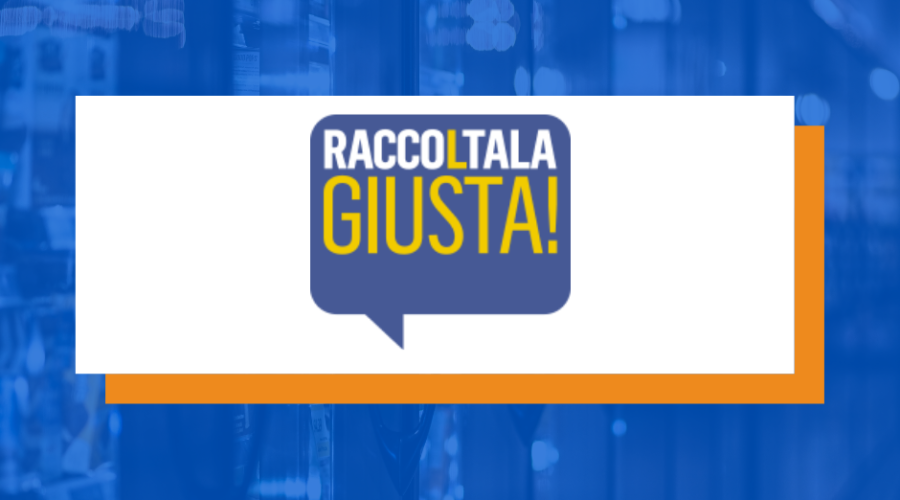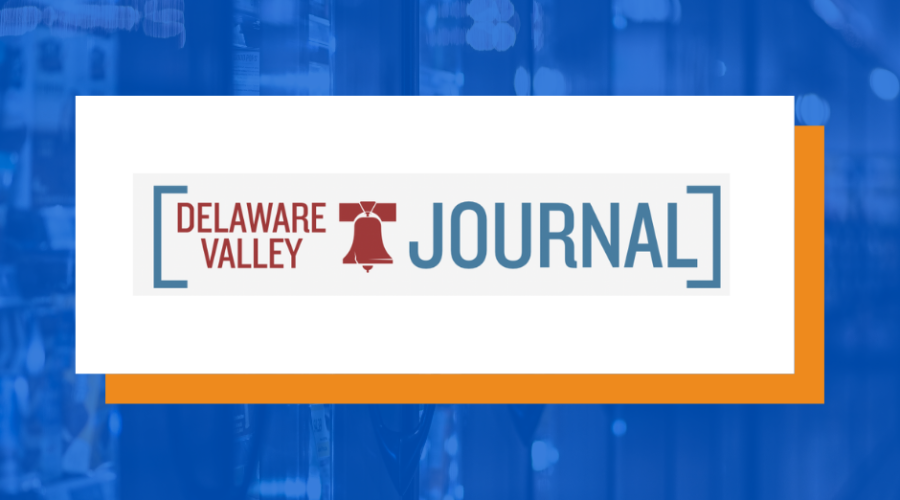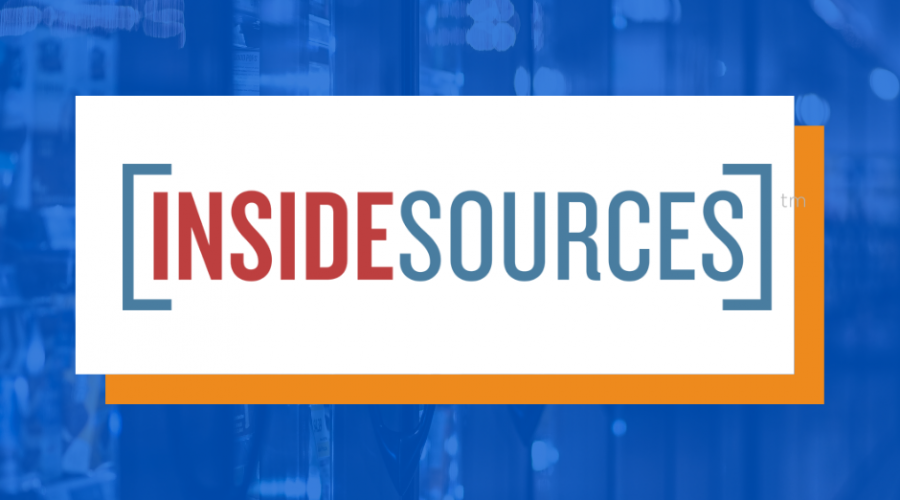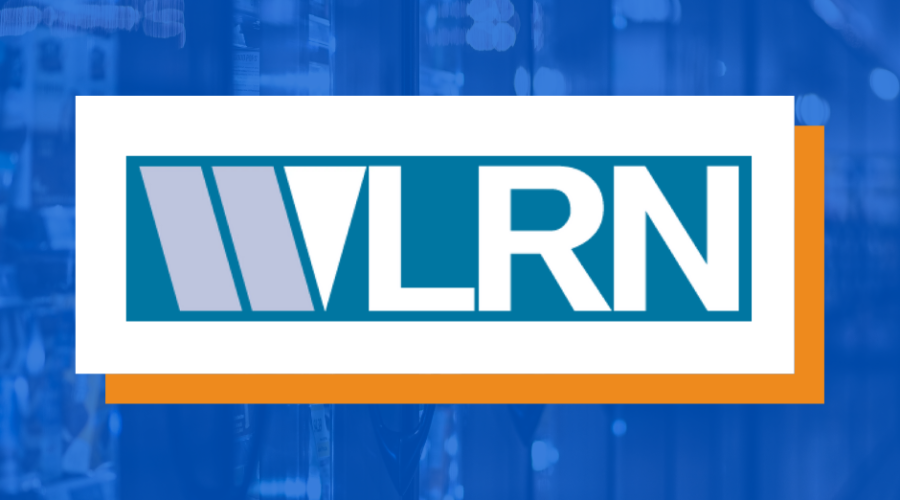MINDEROO REPORT ON PLASTIC IGNORES CONSUMER COSTS
The Minderoo foundation released a report outlining the multinational corporations they claim are responsible for producing and financing single-use plastic products globally.
The report, which was internationally covered, calls for additional regulations to help curb the issue of mismanaged plastic waste. Unfortunately, their proposals largely ignore the immense consumer costs associated with increased regulatory efforts.
“The Minderoo Foundation’s report on plastic waste completely ignores the additional costs to consumers that arise from heavy-handed regulations. Their suggestions, in addition to what has already been proposed by Congress, are a recipe for disaster that will significantly increase the prices paid by consumers”, said David Clement, North American Affairs Manager for the DC-based Consumer Choice Center.
“The Foundation’s report seems to ignore the fact that the Break Free From Plastic Pollution Act, and CLEAN Future Act, set the stage for a moratorium on permits for advanced recycling facilities. This is important because a polymer recycling mandate, like the one proposed in the report, is not feasible if Congress simultaneously bans the creation of new advanced recycling facilities.
“If Congress were to act on the Minderoo Foundation’s report, they would create a recycled content mandate while at the same time significantly limiting the ability of advanced recycling facilities to keep pace. That will cause demand for recycled plastics to skyrocket without creating the necessary infrastructure needed to increase the supply of recycled plastic, which will put tremendous upward pressure on prices. It would be a terrible outcome for consumers, especially given the financial uncertainty forced upon so many Americans because of the pandemic,” he added.
Originally published here.
